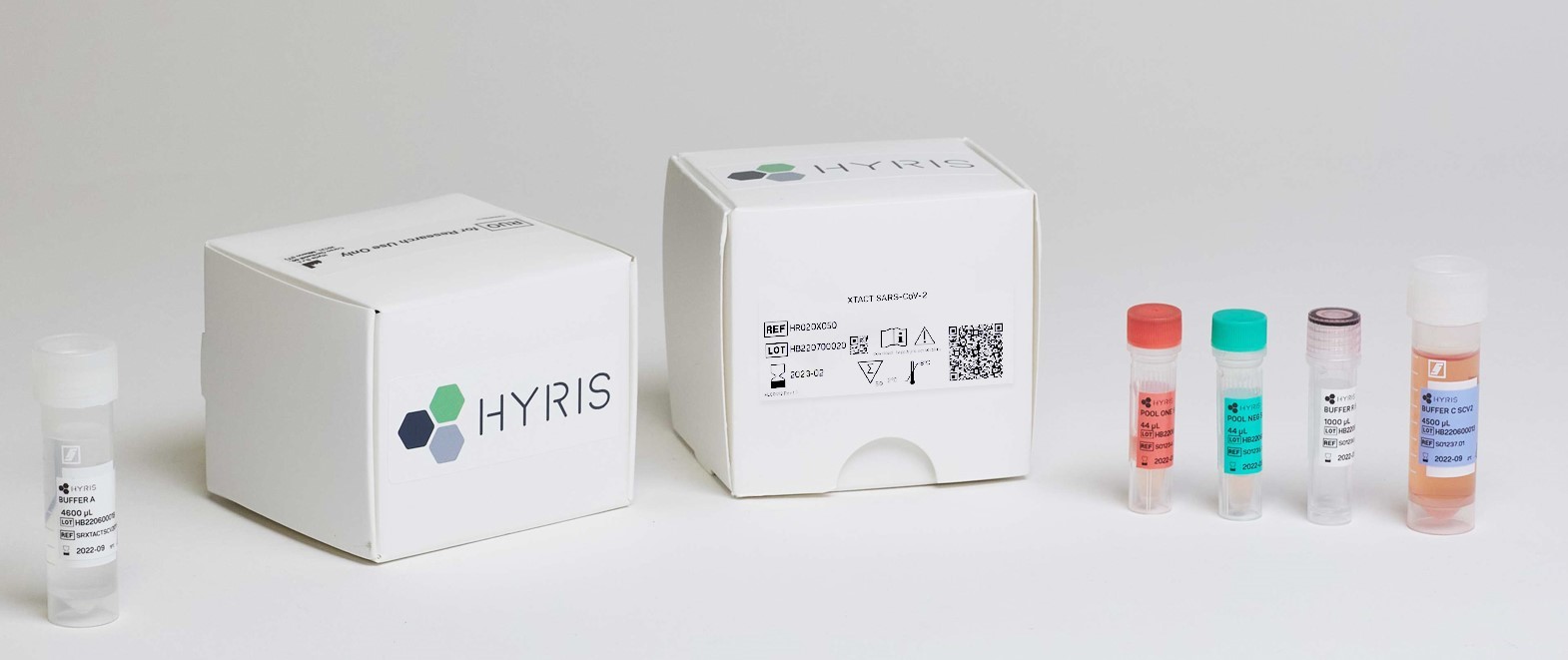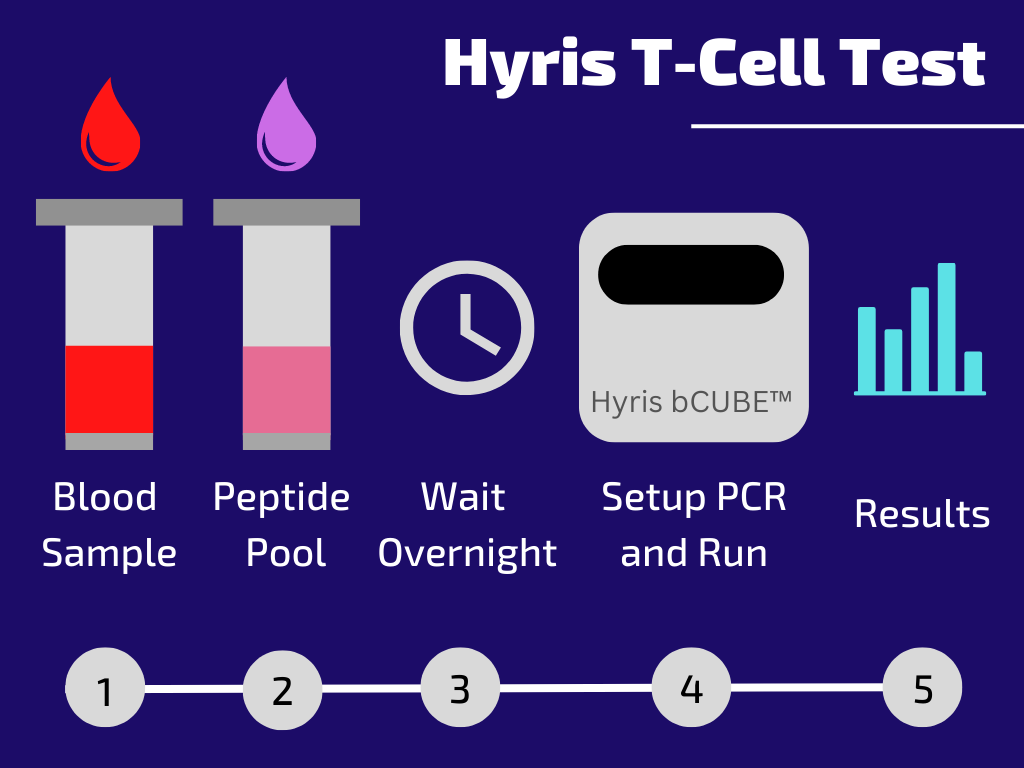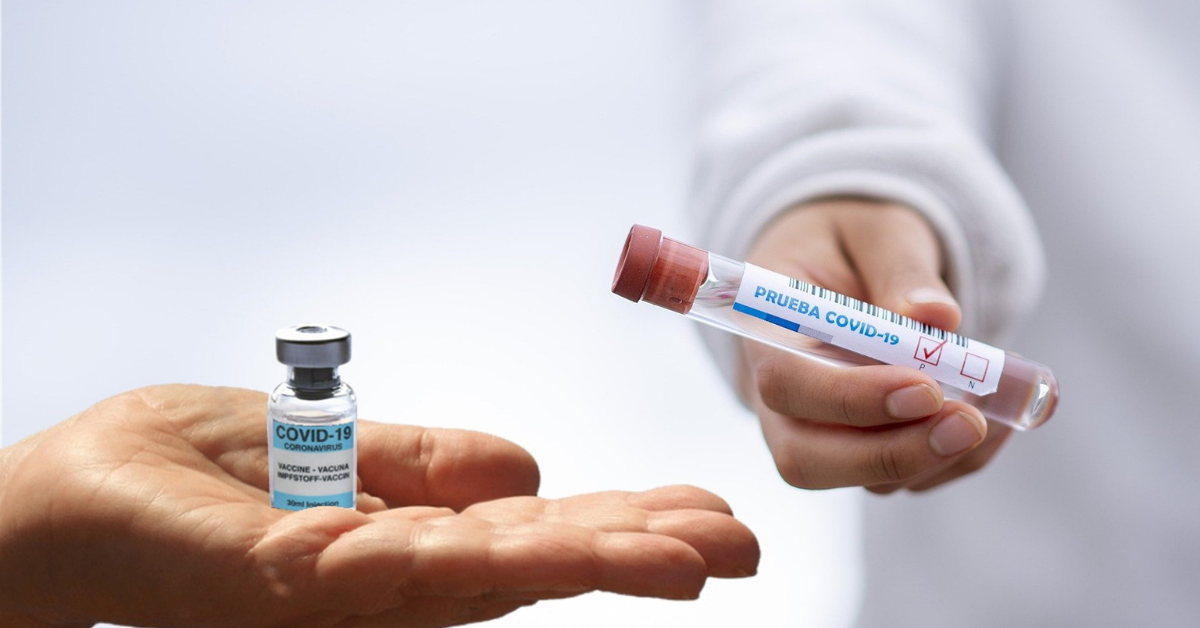In the early days of the COVID-19 pandemic, the whole world adapted to a life with daily rapid antigen tests. Today, most of us are now vaccinated with at least one doses. Many questions remain. We still do not know how long does this vaccination usually last for? Are booster doses needed? If a booster is needed what is the optimal time for another dose? By studying our immune systems recognition of COVD-19 through T-cell testing we can better understand these questions.
COVID-19 Antibody testing cannot reveal the whole picture
Before, antibody tests have been the only tool available for health practitioners to measure immunity to Covid-19 viruses. The issue with antibody tests is that results change even if someone has been exposed to the virus or vaccine. Normally people will get a positive antibody test if they were recently vaccinated or exposed to the virus. Overtime people might get a negative antibody test even though they tested positive before. There needs to be another way to measure someone’s COVID-19 immunity, especially now when many people are vaccinated.
T cell: a key ally to fight SARS-CoV-2
Antibodies and T cells act together to prevent pathogen spread and remove virus-infected cells. Imagine that the infected cells are the target your immune system needs to destroy – antibodies work like ‘markers’ which guide T cells, you can consider them as ‘missiles’ in this case, to track down and hit the target that has been labelled by those markers. Thus the intensity of T cells activity in patient’s body is a strong indicator on whether or not the immune system is fighting against COVID and as a result, measuring T cells response is an innovative approach for monitoring mass immunity against COVID-19 pandemic. HyrisTM now introduces a new type of testing kit for detecting patients’ T-cell level on SARS-CoV-2 virus.

How does T cell test kit work?
The new test kit leveraging bCUBETM, are run in two stages: 1. T cell activation in collected samples; 2. Messenger RNA is detected and measured to quantify the level of T-cells which are specific to immune response against COVID-19 viruses. If specific SARS-CoV-2 T cells are present in the blood sample under analysis – from either vaccination or previous infection – they can be activated. The T-cells are activated by specific peptide pool used in the first stage. However, if SARS-CoV-2 specific T cells are not present in the sample under analysis, they cannot be activated by the peptide pool and no cytokine mRNA synthesis will occur in the end of first stage. This will result a negative result in the RT-PCR test in the second stage. The current workflow utilizes direct amplification which simplifies the procedure and reduce turnaround time. By combining RT-PCR technology, the kit measures specific mRNA of the cytokines associated with the activated, SARS-CoV-2 specific T cells. To summarize, the T-cell test kit from HyrisTM indicates if patient has an immune response to SARS-Cov-2 from vaccination or infection.

Fitting into your COVID-19 vaccination research
Currently, the T cell test kit is CE IVD certified and bears a RUO mark, which makes it ideal for related R&D applications. A few examples are:
- Supporting vaccine development
- Vaccination strategy by testing vaccine potency on individuals overtime
- Assisting healthcare practitioners on identifying immunosuppressed patients
- Complementary to current antibody test kits for a more complementing screening for individual immunity against SARS-CoV-2 and its variants
Chat with us today to learn more about details about this test and how it may help your research need!



